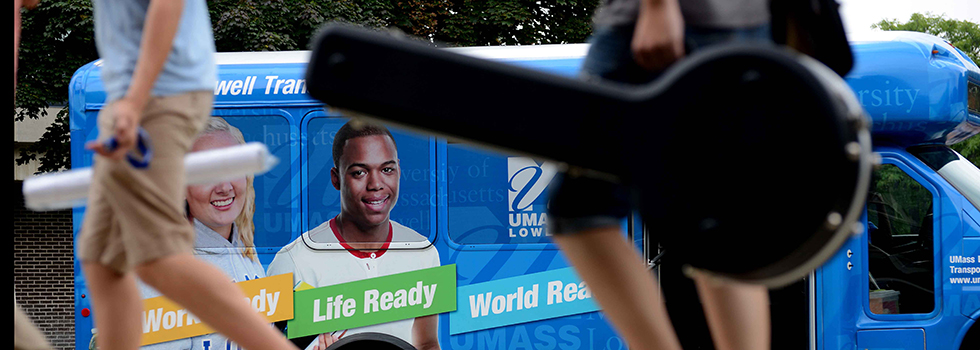Disclaimer: Anything written in this blog represents the opinions of the author, and no one else. Each blog is written lightly, and is not intended to offend any of the mentioned businesses, locations, students, or staff.
I have two lives. In two different places and with two different purposes. In both, I have a home, friends, resources and the necessities that make a life. In one of my lives, I am a daughter, sister, and neighbor. In the other, I am a new face, a growing student, and a prospective employee. I am not the only one who lives multiple lives, though. Living two different lives is the expectation for 18-year-olds entering adulthood.
Our nation and world ask us to have two different lives for at least the years that it takes for us to graduate college with a college degree. Those who wish not to enter the workforce through higher education, such as those who have earned their education through vocational schooling or experience, are deemed less qualified than a college graduate. Even stay-at-home parents are frowned upon these days among many crowds.
It is important to realize the treasure that is education. Also, in order to do well when enrolled in higher education, it is necessary to recognize the opportunity for growth that you are experiencing. As fortunate as some are to receive a diploma from a university or college, as a society we need to respect that education comes in all forms.
Education is just as important whether it is being taught in or outside of a classroom. Formal education, such as institutionalized schooling, provides certificates and qualifications that alternative education does not. It represents hard work and persistency. At the same time, we learn the most important skills in our life from people who do not use the title of “teacher” to define themselves. It is more common than most of us admit for individuals who are best at what they do (whether it is a mother, teacher, businessman/woman, ect.) to have learned their skills outside of what they studied in school.
Think of it like this, United States citizens over the age of 18 are legally permitted to get their license after taking the license test, whether or not they took formal drivers’ education classes or not. The same goes for the real world. Everyone has the right to attain a job, career, and life in the manner that they wish, whether or not they took formal classes to certify them as capable of such a job. That is the freedom that our nation provides us.
Thank you to all of the teachers, professors, and doctors (both “formal” and “informal”) who spend their time teaching youth, young adults, and adults.
